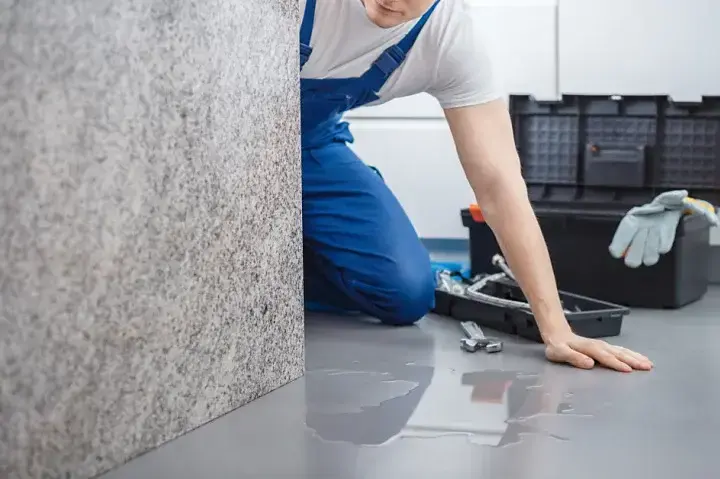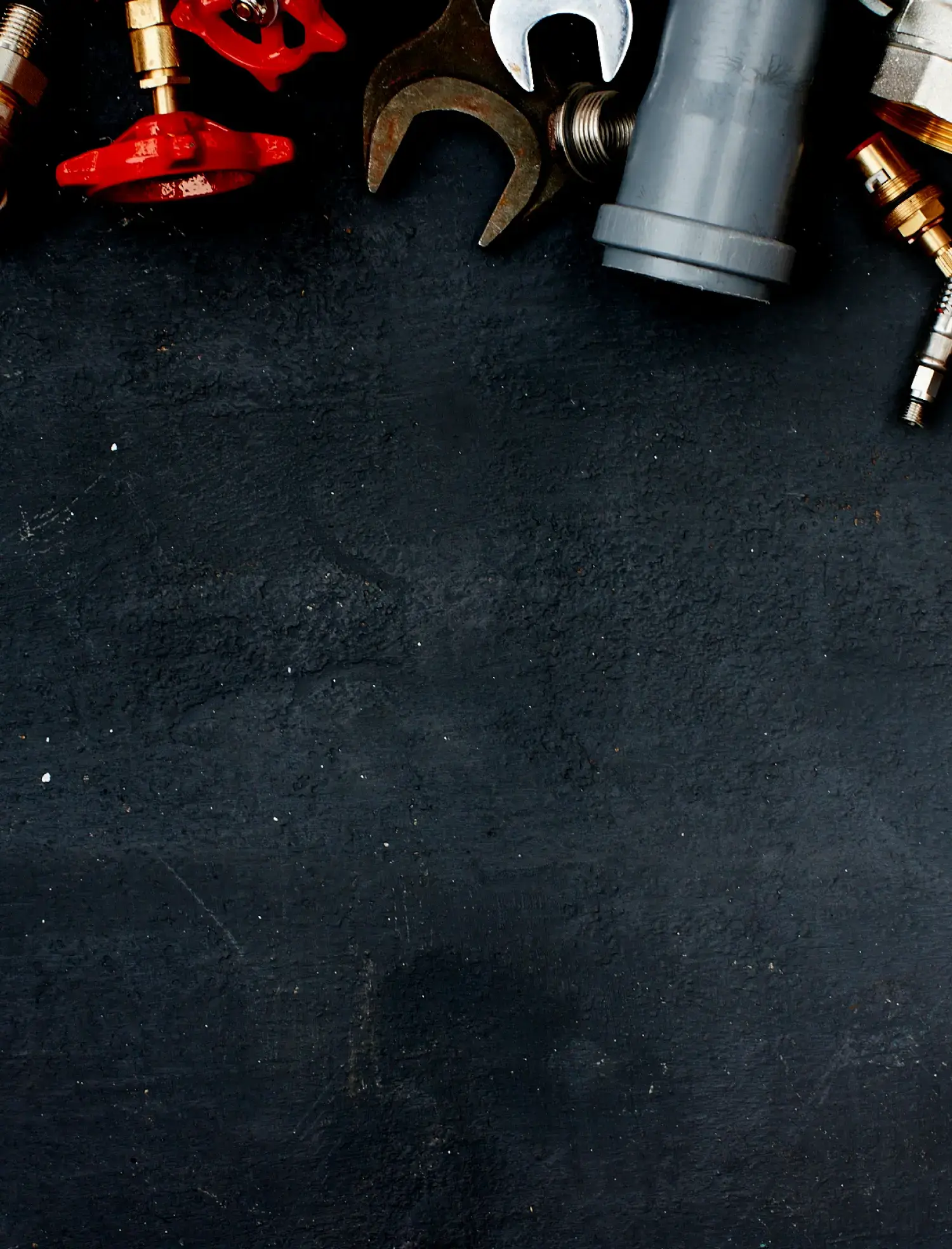Common Causes of Dishwasher Damage
Stephens Plumbing
January 15, 2020

Identifying Your Dishwasher’s Damage
Dishwashers are an essential part of the kitchen, and damage to them can cause great frustration. Improper installations or repairs often lead to wasted time, higher utility bills, and a big mess. Explore all the ways your dishwasher may be malfunctioning, and how Stephens can help!
Leaking Dishwasher Door
One of the most common symptoms of dishwasher damage is a dishwasher door that leaks water. While other issues can also cause an outflow of water, leaking dishwasher doors have liquid that pools directly under the door of the dishwasher. There’s a couple possible causes. For one, your door may not be latching correctly. When bent or loose, the door doesn’t vacuum seal shut the way it should. The latch may need to be replaced or simply tightened. Another reason could be the gasket, which is the rubber seal that runs the perimeter of the door. It’s responsible for stopping any leaks of water, so a cracked or damaged gasket can cause big problems. Lastly, your dishwasher may be experiencing a defective float switch. In your dishwasher, a float rises as the water level does, which ultimately tells the dishwasher when to turn the water off. If this assembly is broken, the dishwasher can overflow. This may be the result of either the float or the float switch, and either may need to be replaced.
Clogged Hose
Dishwashers are installed under the counter next to the sink cabinet, so the drain hose runs through the side of the cabinet into the garbage disposal. As food gets washed off of your dishes, it is passed through the drain pipe. Naturally, as with anything else in your drains, food and waste can clog the hose. The hose can be removed, and you can clean out any blockages as you would normally. To prevent future clogs, make sure to rinse your dishes well before putting them in the dishwasher. This keeps food debris down the main drain and garbage disposal instead of in the thinner dishwasher hose.
Damaged Connection Valves
All of the hoses inside your dishwasher are connected via a series of valves. Due to the way dishwashers move during the cleaning process, these connections can come loose with time. While easily fixed, these loose or damaged valves can cause severe flooding. You can examine your own dishwasher hoses, and should make sure that your water inlet valve isn’t stuck. Also make a note to periodically examine your hoses for cracks. Even minor ones can cause serious issues, or suddenly get bigger!
Overfilled Dishwasher
Don’t worry — this section isn’t about all those times you put just a few too many plates in the dishwasher. Overfilled dishwashers occur when too much water is let into the dishwasher, or it doesn’t drain properly. The excess volume causes water to leak out of the dishwasher into your kitchen, often seeping under cabinets, ruining floors, and even causing mold.
Garbage Disposal Issues
Kitchen plumbing typically doesn’t contain a line solely for dishwashers, and the discarded water and food particles are fed through the disposal. If your garbage disposal is affected, your dishwasher could just as easily be affected. Additionally, if your garbage disposal was installed incorrectly, the plug may still be blocking the drain for your dishwasher. Luckily, this is an easy fix with a pair of pliers.
Call Stephens Today
Stephens specializes in all kitchen plumbing, especially dishwasher installation and water supply line repair and replacement. With over 32 years of experience in the South Bay and Orange County, our trained professionals are here for your plumbing needs no matter the cause. Call today!

Join Our Team
Interested in becoming a part of the Stephens family? Submit your application now for one of our plumbing or HVAC jobs!





